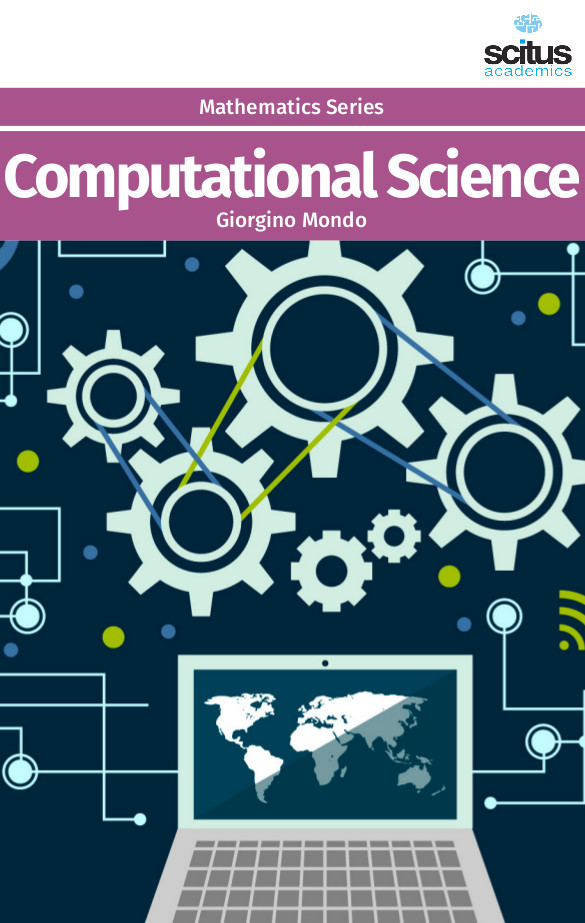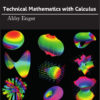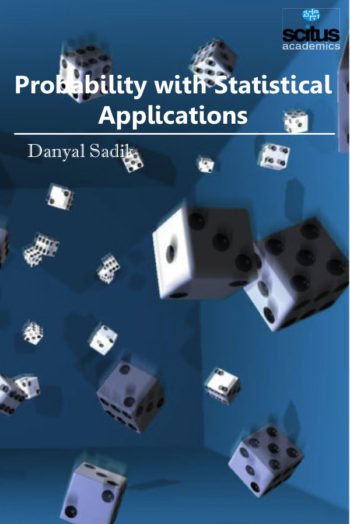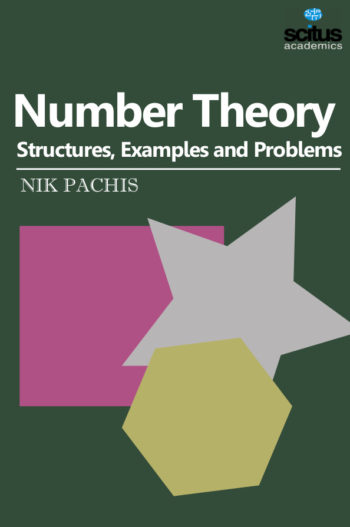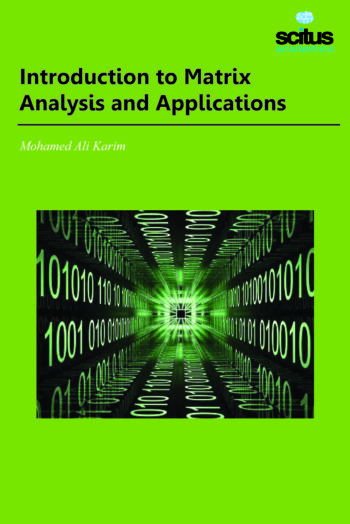Computational Science is a swiftly growing multi- and interdisciplinary field that uses advanced computing and data analysis to understand and solve complex problems. Computational science refers to the use of computers, networks, storage devices, software, and algorithms to solve problems, the development of models, systems, algorithms, do simulations, or create new knowledge. Since the advent of the computer, its latent to advance scientific investigation has been recognized. From the design and application of early computers to aid in the cracking of codes during WWII and the simulations leading to the hydrogen bomb in 1952, the use of computers and the development of algorithms and systems in the service of computational science were born. Since that time, the computer has become a crucial appliance of business and an essential facet of science. Computational simulation is being accepted as a third methodology in scientific research, complementing the traditional approaches of theory and experiment. Computer simulations provide both qualitative and quantitative insights into many phenomena that are too complex to be dealt with by analytical methods or too expensive or dangerous to study by experiments. Many experiments and investigations that have traditionally been performed in a laboratory, a wind tunnel, or the field are being augmented or replaced by computer simulations. Some studies, such as nuclear repository integrity and global climate change, involve time scales that preclude the use of realistic physical experiments. The availability of high performance computers, graphic workstations, and high speed networks, coupled with major advances in algorithms and software, has brought about a revolution in the way scientific and engineering investigations are carried out.
Computational Science is aimed to provide important research in different areas covering all aspects of mathematical and computational science, such as numerical analysis, optimization, linear and nonlinear programming, and theory of computation, theory of algorithms, computational logic, and applied combinatorics. It combines computational thinking, modern computational methods, devices and collateral technologies to address problems far beyond the scope of traditional numerical methods. It also presents original research in simulation based science across all scientific disciplines and advanced innovative, interdisciplinary research where complex multi-scale, multi-domain problems in science and engineering are solved, integrating sophisticated numerical methods and computation.

